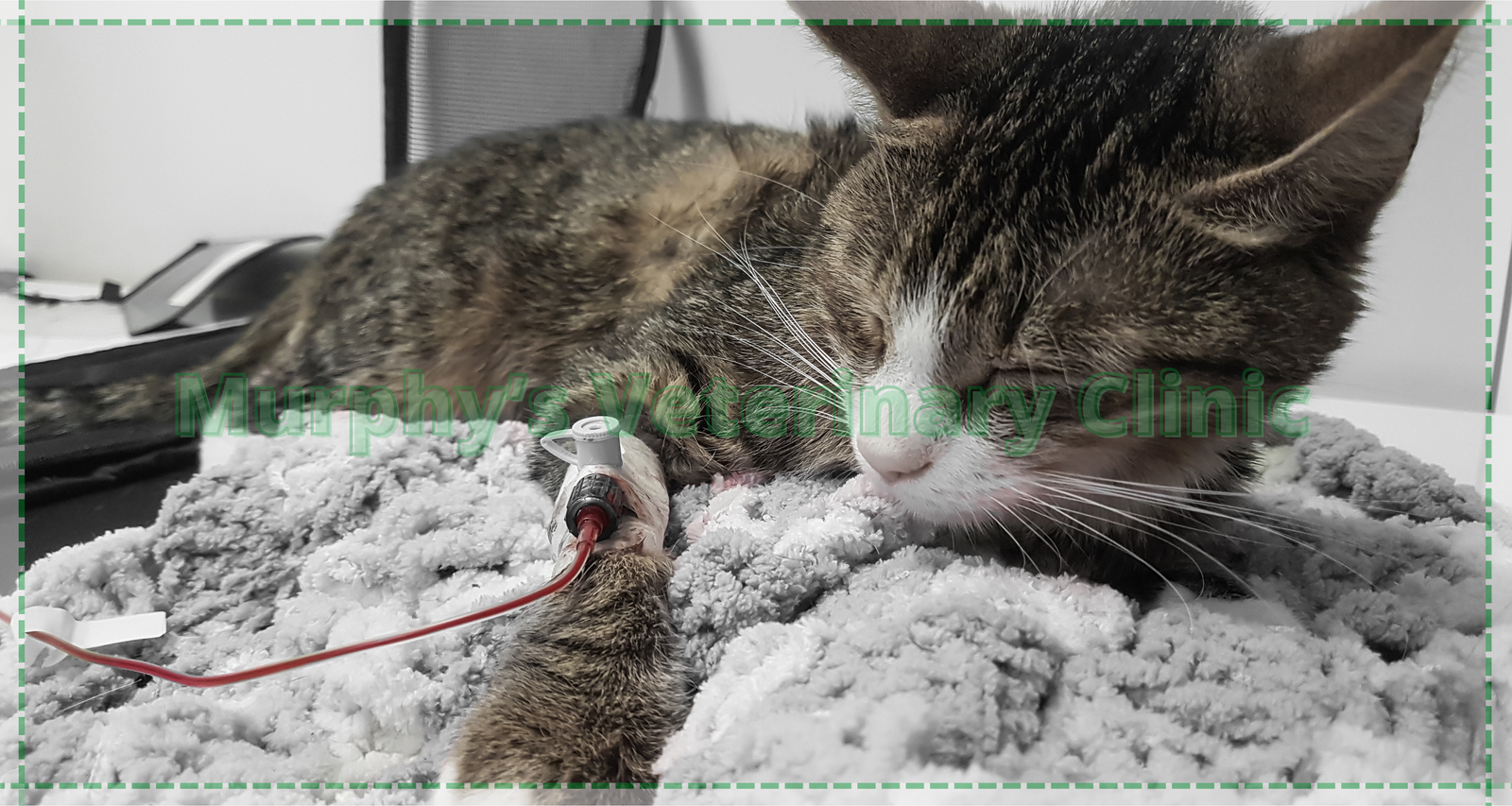Diseases & Treatments, Health & General Care, Veterinary Science & Advances
Adrenal Gland Disorders in Pets and Their Overall Health Impact
Topics covered in this article:
- Decline in Quality of Life
- Diagnosis and Treatment Strategies
- Immune System Suppression
- Metabolic Imbalance in Pets
- Behavioral and Mood Changes
- Conclusion
Adrenal gland disorders in pets can profoundly affect their overall health and well-being. These conditions interfere with the production of essential hormones, leading to a variety of physical and behavioral problems. When left undiagnosed or untreated, adrenal gland disorders in pets may compromise immunity, metabolism, and even emotional balance. Understanding these effects allows pet owners to detect early signs and seek professional care. This article explores how adrenal gland disorders in pets impact different systems and highlights the importance of timely diagnosis and treatment to preserve quality of life.

Decline in Quality of Life
As adrenal gland disorders in pets progress, they significantly diminish the pet’s quality of life. Pets may lose interest in daily activities, show digestive problems, or avoid interaction. These symptoms are often subtle at first but become more pronounced over time. Careful observation of the pet’s daily habits can help identify such deterioration.
| Diagnostic Tool | Function |
| Blood tests | Measure cortisol, ACTH, and hormone imbalances |
| Abdominal ultrasound | Detect enlargement or tumors in adrenal glands |
| CT scan | High-resolution imaging to assess adrenal abnormalities |
| Urine tests | Evaluate hormone excretion and kidney function |
| Physical examination | Observe clinical signs and body condition |

Diagnosis and Treatment Strategies
Timely detection of adrenal gland disorders in pets is crucial for successful treatment. Various diagnostic tools help assess hormonal activity and identify structural problems in the adrenal glands. Treatment may include medication, surgery, or dietary adjustments depending on the type and severity of the disorder. Regular health checks increase the chances of early intervention, reducing long-term complications.
| Diagnostic Tool | Function |
| Blood tests | Measure cortisol, ACTH, and hormone imbalances |
| Abdominal ultrasound | Detect enlargement or tumors in adrenal glands |
| CT scan | High-resolution imaging to assess adrenal abnormalities |
| Urine tests | Evaluate hormone excretion and kidney function |
| Physical examination | Observe clinical signs and body condition |

Immune System Suppression
One of the primary consequences of adrenal gland disorders in pets is weakened immunity. The adrenal glands produce cortisol, a hormone crucial for regulating the immune response. When cortisol levels become abnormally high or low, the body’s ability to fight infections diminishes. Pets may become prone to recurring illnesses, experience delayed recovery from wounds, and require more frequent medical interventions. Recognizing this connection is vital in ensuring early diagnosis.
- Increased risk of infections
- Delayed wound healing
- Reduced resistance to stress
- Higher chance of chronic conditions
- Age-related immune decline

Metabolic Imbalance in Pets
Adrenal gland disorders in pets disrupt metabolic processes, often causing sudden weight changes and energy fluctuations. These hormonal imbalances lead to symptoms such as excessive hunger, fatigue, or unexplained weight loss or gain. Cortisol and aldosterone influence how the body handles fats, proteins, and carbohydrates, and their imbalance impacts overall metabolism. This metabolic stress can further contribute to secondary health issues if left unmanaged.
- Sudden weight loss or gain
- Irregular appetite
- Extreme fatigue or hyperactivity
- Loss of muscle mass
- Blood sugar instability

Behavioral and Mood Changes
Adrenal gland disorders in pets may also manifest through behavioral changes. Hormonal fluctuations can affect a pet’s mood, stress levels, and responses to everyday situations. Pets may become anxious, depressed, or show signs of irritability. These behaviors can be misinterpreted as discipline issues rather than medical problems. Monitoring such changes is essential for early medical intervention.
- Unusual restlessness
- Anxiety or depression
- Irritability or aggression
- Withdrawal from owners
- Altered sleeping patterns
Conclusion
Adrenal gland disorders in pets are serious conditions that can affect every aspect of their overall health. From weakened immunity and disrupted metabolism to emotional distress and reduced quality of life, the consequences are extensive. Pet owners must be vigilant in recognizing unusual signs and consult a veterinarian promptly. Early diagnosis, consistent monitoring, and appropriate treatment can restore balance and improve the pet’s health trajectory. Awareness and timely care are the most effective tools for preserving a pet’s well-being and promoting a healthier, longer life.
Murphy’s Veterinary Clinic specializes in diagnosing and managing adrenal gland disorders in pets. With access to advanced imaging tools, hormone testing labs, and experienced veterinarians, the clinic provides comprehensive care tailored to each pet’s condition. Whether it’s a behavioral shift, metabolic irregularity, or immune dysfunction, Murphy’s team is ready to help. Don’t ignore the warning signs—book a visit today to ensure your beloved pet receives the care it deserves.


